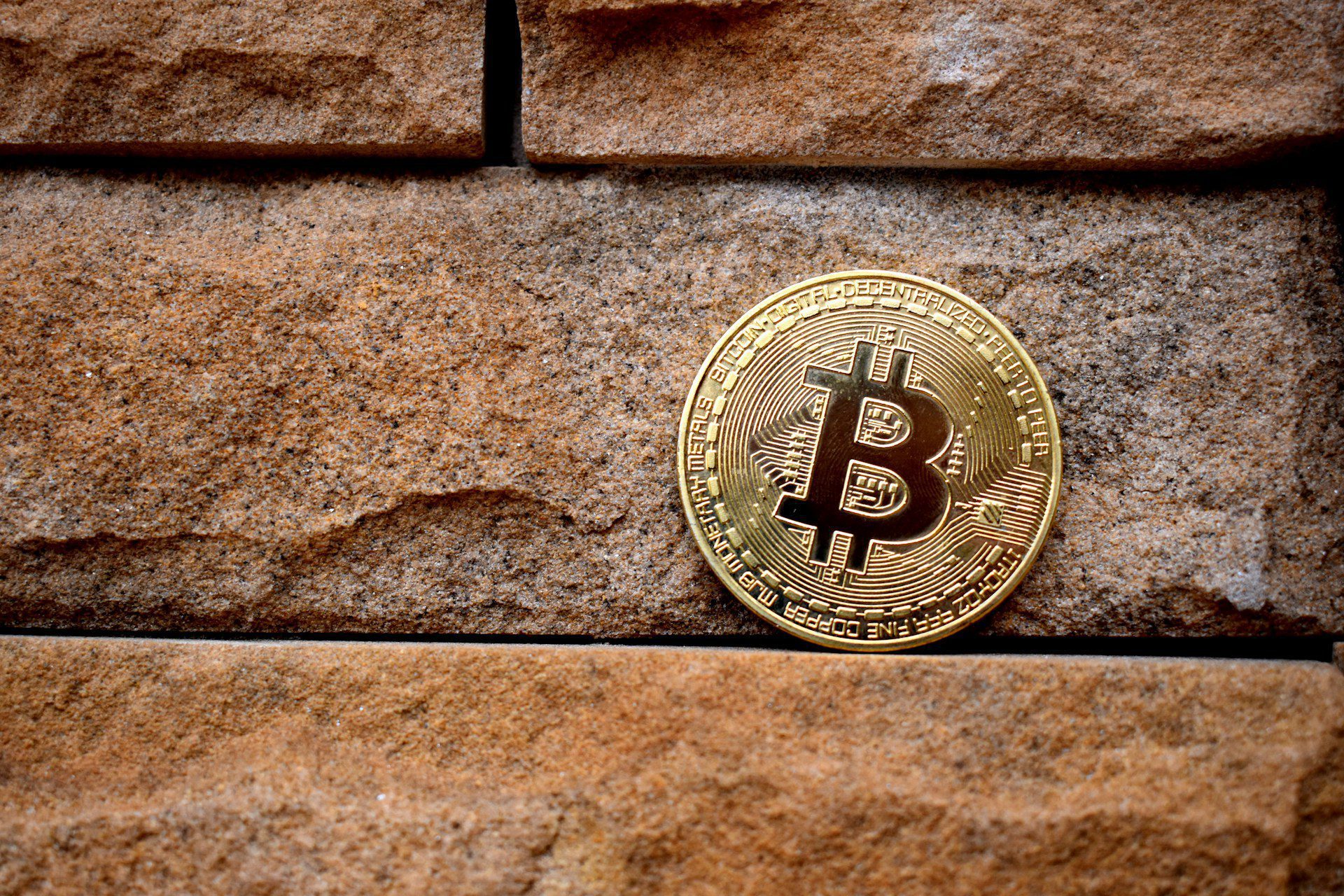An in-depth examination by finance attorney Scott Johnsson exposes ongoing stringent regulatory measures, dubbed Operation Chokepoint 2.0, implemented by the Biden administration towards the cryptocurrency sector. Despite some initial positive signals such as approving a spot Ethereum ETF, the administration’s core stance appears overtly hostile towards Bitcoin and crypto assets.
Continued Regulatory Scrutiny on Crypto
Johnsson highlights the rejection by the Office of the Comptroller of the Currency (OCC) of the “fair access” banking rule proposed by former Comptroller Brian Brooks. This refusal signifies a broader unwillingness to dismantle discriminatory regulatory hurdles against crypto companies.
Furthermore, aggressive enforcement actions against major exchanges like Coinbase, Binance, and Kraken based on an expansive interpretation of securities laws create an atmosphere of uncertainty for crypto businesses, overshadowing potential legal ramifications.
The Securities and Exchange Commission (SEC) has issued Wells Notices to key industry players such as Consensys and Uniswap Labs, reflecting a readiness to apply securities regulations broadly, possibly impeding innovation within the sector.
Johnsson also points out the SEC’s extension of the “dealer rule” to decentralized finance (DeFi) platforms, raising concerns about their operational viability under existing regulations.
Legislative Actions and IRS Oversight
The Treasury’s clandestine inclusion of “broker” definitions in key legislation, coupled with IRS rules broadening these definitions beyond traditional parameters, poses significant challenges for DeFi platforms in the US.
Johnsson highlights the DOJ’s divergence from established guidance in prosecuting Tornado Cash and Samourai Wallet, signaling a tougher stance on privacy-focused blockchain tools.
Banking and Regulatory Barriers
The FDIC’s directives to banks on maintaining crypto deposit thresholds and seeking approval for new crypto engagements, along with the Federal Reserve’s reluctance to engage with crypto entities like Custodia, indicate concerted efforts to limit crypto involvement in the banking sector.
Collaborative statements by the Federal Reserve, FDIC, and OCC emphasize perceived risks associated with banks engaging in crypto transactions, discouraging direct exposure to crypto assets.
Political and Legislative Resistance
Political challenges include Senator Warren’s claims linking crypto to terrorism financing, proposed legislations like DAAMLA advocating strict regulations, and veto threats against bills impacting crypto miners with hefty tax burdens.
The Biden administration’s opposition towards stablecoin legislation and CBDCs aligns with a broader strategy to constrain the crypto sector’s expansion.
In summary, Scott Johnsson contends that the Biden administration’s regulatory, legislative, and enforcement actions collectively pose significant obstacles hindering Bitcoin and crypto growth in the US.
Bitcoin is currently valued at $68,246.






